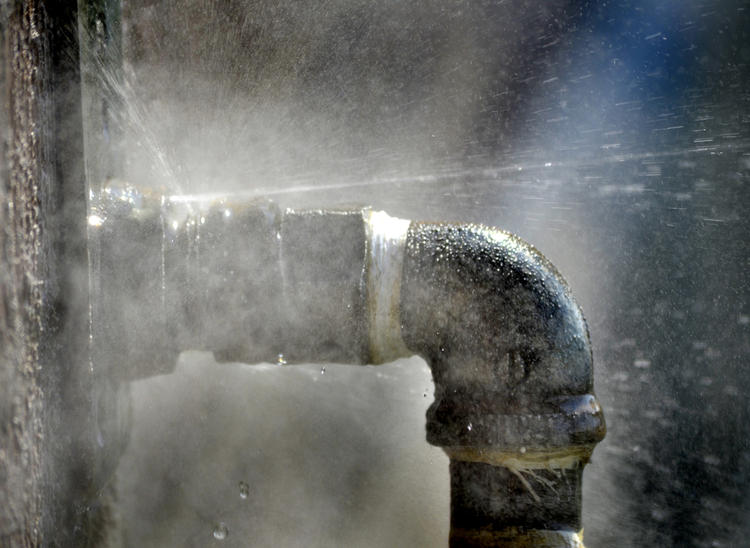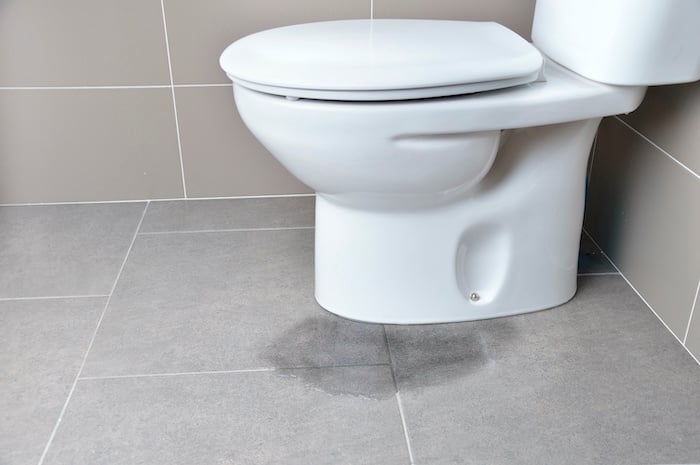The Top 5 Triggers of Water Leaks
The Top 5 Triggers of Water Leaks
Blog Article
We have noticed this article relating to Where to Find Water Leaks down the page on the internet and thought it made sense to discuss it with you here.

"Be careful of little expenditures. A small leakage will sink a great ship." - Benjamin Franklin.
He couldn't have actually been much more appropriate because water leaks in our residences lead to a waste of resources, raising our water costs. Although this rise could appear minimal at first, it can lead to substantial costs that can break your financial institution. Apart from a rise in bills, water leakages additionally cause undesirable organic growth, architectural damages, and even electric threats.
If you have a water leakage isn't always simple due to being unable to see many of the pipework in your house, figuring out. Nevertheless, If you have had a rise in your water costs recently, observed water discolorations on ceilings as well as walls, smelt lousy odor, etc. You could want to take into consideration requesting plumbing services to get it checked out.
There are a number of causes of water leaks, as well as we have compiled the usual reasons below. Inspect to see if you have actually had associated issues in your house recently.
Blocked drains pipes
Food fragments, dirt, as well as oil can cause clogged up drains as well as obstruct the passage of water in and out of your sink. If undealt with, raised stress within the gutters can finish and cause an overflow up cracking or bursting pipes. To prevent stopped up drains in your home, we recommend you to prevent putting fragments down the drain as well as routine cleaning of sinks.
High water stress
You observed your home water pressure is more than usual but after that, why should you care? It's out of your control.
It would certainly be best if you cared because your typical water stress must be 60 Psi (per square inch) and although your home's plumbing system is created to stand up to 80 Psi. An increase in water stress can place a stress on your home pipelines and also result in splits, or worse, burst pipelines. Obtain in touch with a professional regarding controling it if you ever before observe that your residence water stress is greater than common.
Rust
As your pipework ages, it obtains weak as well as a lot more prone to rust after the frequent passage of water via them, which can eat away at pipes and also create splits. A noticeable sign of rust in your home plumbing system is staining and although this may be hard to identify as a result of most pipes hidden away. Once they are old to make sure a sound plumbing system, we encourage doing a frequent check-up every few years and also change pipelines
Weakened pipe joints
Pipeline joints are the parts of our plumbing system where the pipelines link. They are the weakest factor of our plumbing system. As a result, they are much more at risk to damage. It is essential to note that despite the fact that pipelines are designed to withstand pressure as well as last for some time, they weren't created to last for life; consequently, they would certainly wear away with time. This damage could lead to cracks in plumbing systems. An usual indicator of harmed pipe joints is excessive sound from faucets.
Broken seals
Another reason for water leaks in houses is damaged seals of home appliances that make use of water, e.g., a dishwashing machine. When such devices are installed, seals are mounted around water connectors for simple passage of water via the equipment. Thus, a damaged seal can create leak of water when in use.
With little or no understanding of plumbing, comprehending your house's plumbing system sufficient to fix some of these concerns (without effect) can be a trouble. Contact plumbing experts in Pittsburgh, Providence, Rochester, and also environ today, as well as they'll make those problems vanish.
He couldn't have been extra ideal since water leakages in our houses result in a waste of resources, enhancing our water costs. If you have had a boost in your water bills recently, noticed water discolorations on walls and also ceilings, smelt poor odor, and so on. An increase in water stress can put a strain on your residence pipelines and lead to splits, or worse, burst pipelines. An additional cause of water leakages in residences is broken seals of residence appliances that make use of water, e.g., a dishwashing machine. When such devices are installed, seals are installed around water ports for very easy flow of water via the equipment.
5 TIPS IN DETECTING A WATER LEAK IN YOUR HOUSE
Water leaks can be hard to find in your home, yet they can be so common. We rely on water every day in our home, which is why a leak can cause big problems. By detecting them early, you can save money and further damage, getting the problem fixed as soon as possible. Here are 5 tips to help you detect a water leak in your home, so you can contact a plumber straight away and get the issue sorted.
Check your water meter
Many people underestimate the value of the water meter in their home. It can be one of the best ways to tell if you have a leak early on, so you can get on top of it before issues start arising. Start by turning off all the water in your home: taps, washing machine, dishwasher, etc. Now take a look at the meter – if it’s still changing with everything turned off, it’s likely you have a fast-flowing leak that you need to get on top of straight away. If nothing changes, then leave your meter for an hour or two and come back to it. Did it change in this time? It’s likely you have a slower leak, which isn’t as urgent but still handy to get fixed so it doesn’t become a bigger problem.
Keep an eye on your bill
Another good way to detect a leak in your home is by keeping an eye on your water bill. It helps if you have a past bill from the same period of time. You can compare like for like and determine whether your water usage has increased significantly. If it has, there may be a leak in your system that you haven’t picked up before. A professional plumber can check through all of your pipes and determine where it is coming from.
Look for damage
If you have a leak inside your home, you will notice damage over time. Take a look at your showers and bathtubs and note whether any of the tiles surrounding the area seem to be discoloured or damaged in any way. There may be water stains, mould or peeling material that has resulted from a build up of moisture over time. Make sure you take a look under sinks at the back of cupboards that don’t get accessed regularly. This is where damage can go unnoticed and build up over periods of time.

As a fervent reader about How to Find and Prevent Water Leaks in Your Home, I assumed sharing that piece of content was essential. Those who enjoyed reading our post if you please make sure you remember to pass it around. Thanks so much for your time spent reading it.
We're alert, ring! Report this page